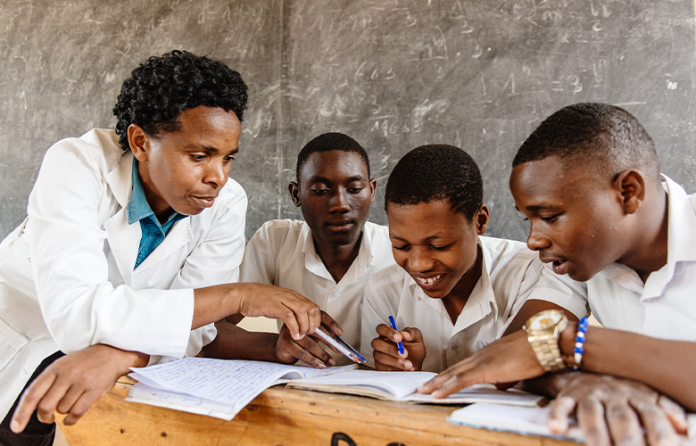Education is a fundamental pillar for the growth and development of any nation. For Nigeria, a country with diverse regions and vast potential, the embrace of education across all regions is particularly critical. This report outlines the reasons why every region in Nigeria must prioritize and embrace education.
1. Economic Development
Boosts Economic Growth
Education equips individuals with the knowledge and skills needed to participate effectively in the economy. Educated citizens are more likely to engage in entrepreneurial activities, secure better-paying jobs, and contribute to the nation’s GDP. By prioritizing education, Nigerian regions can enhance their economic development and reduce poverty.
Promotes Innovation and Technological Advancement
A well-educated population is essential for innovation and technological progress. Education fosters critical thinking and creativity, which are crucial for developing new technologies and improving existing ones. Nigerian regions that invest in education can become hubs of innovation, driving the country’s technological advancement.
2. Social Progress
Improves Health and Well-being
Education has a direct impact on health outcomes. Educated individuals are more likely to make informed health choices, leading to better overall health and well-being. They are also more likely to understand and access healthcare services, resulting in lower mortality rates and improved quality of life.
Reduces Inequality
Education is a powerful tool for reducing social and economic inequalities. It provides individuals from all backgrounds with the opportunity to improve their socio-economic status. By ensuring access to quality education in all regions, Nigeria can work towards a more equitable society.
3. Political Stability and Good Governance
Enhances Civic Participation
Educated citizens are more likely to participate in the political process and advocate for their rights. They are better informed about their civic duties and responsibilities, leading to increased voter turnout and engagement in democratic processes. This fosters a culture of accountability and transparency in governance.
Promotes Peace and Security
Education can play a crucial role in promoting peace and security. It helps to reduce crime rates and prevent conflicts by providing individuals with alternative pathways to success. Regions with higher levels of education are more likely to experience social cohesion and stability.
4. Cultural Enrichment and Preservation
Fosters Cultural Awareness and Understanding
Education promotes cultural awareness and understanding among different ethnic groups. It encourages respect for diversity and helps to bridge cultural divides. By embracing education, Nigerian regions can preserve their unique cultural heritage while fostering national unity.
Promotes National Identity
An educated population is better equipped to appreciate and contribute to the country’s cultural and historical narrative. Education can instill a sense of pride and national identity, which is essential for building a cohesive and harmonious society.
5. Environmental Sustainability
Encourages Sustainable Practices
Education raises awareness about environmental issues and promotes sustainable practices. Educated individuals are more likely to engage in activities that protect the environment and support sustainable development. By prioritizing education, Nigerian regions can contribute to the global effort to combat climate change and preserve natural resources.
Conclusion
Embracing education in all Nigerian regions is essential for the country’s overall development and prosperity. Education drives economic growth, promotes social progress, enhances political stability, enriches cultural heritage, and supports environmental sustainability. By investing in education and ensuring access to quality education for all citizens, Nigeria can unlock its full potential and build a brighter future for generations to come.




